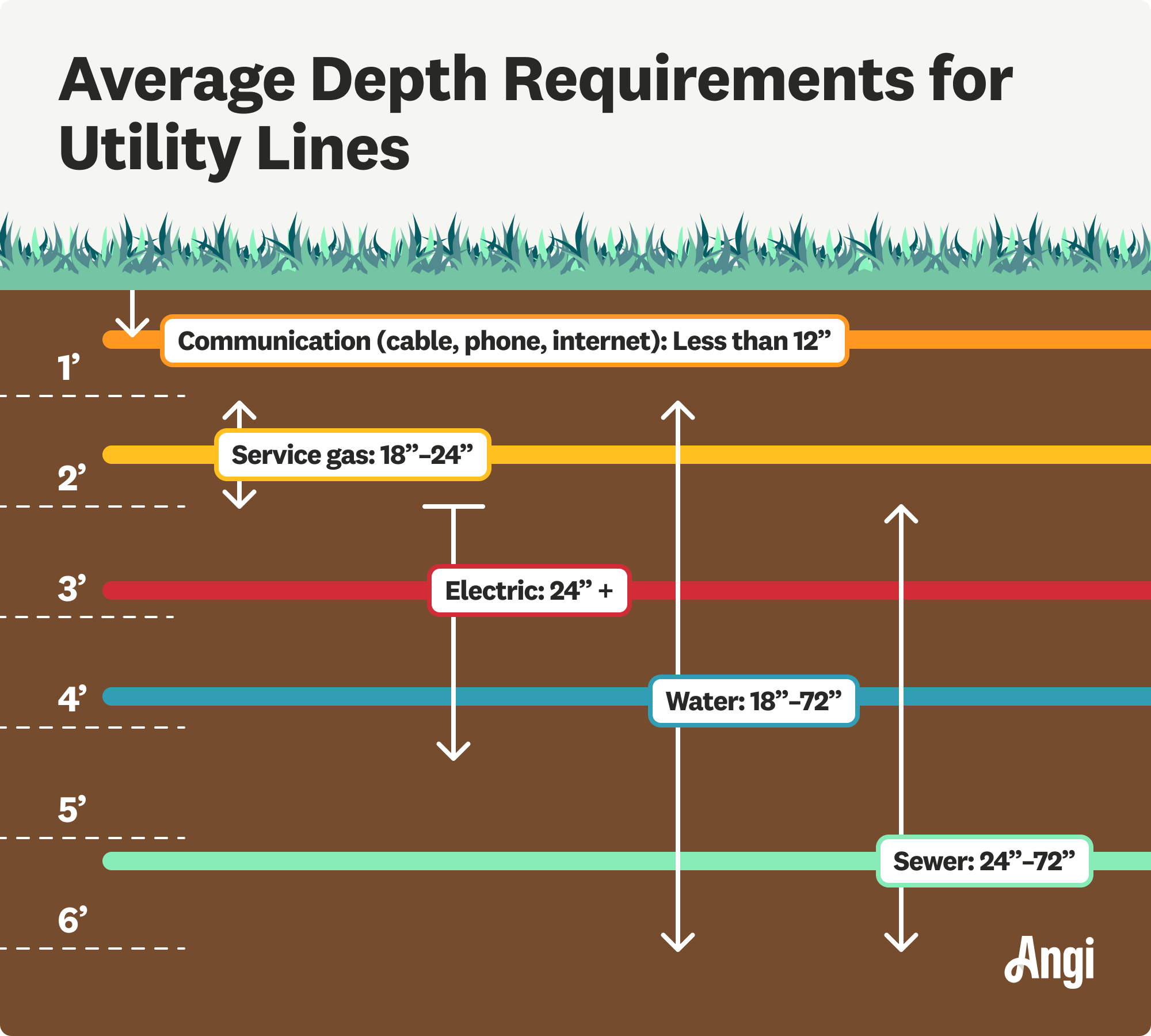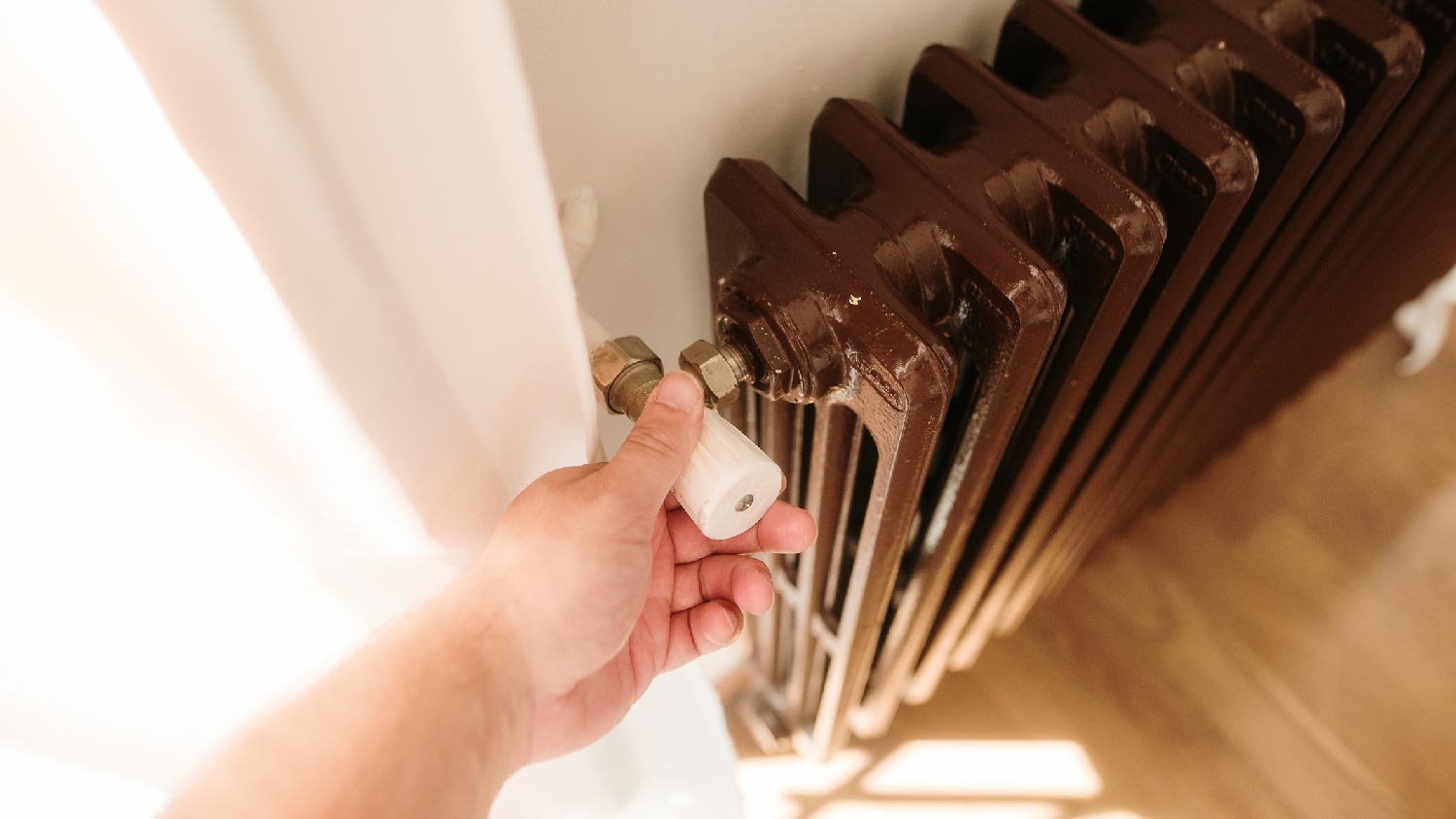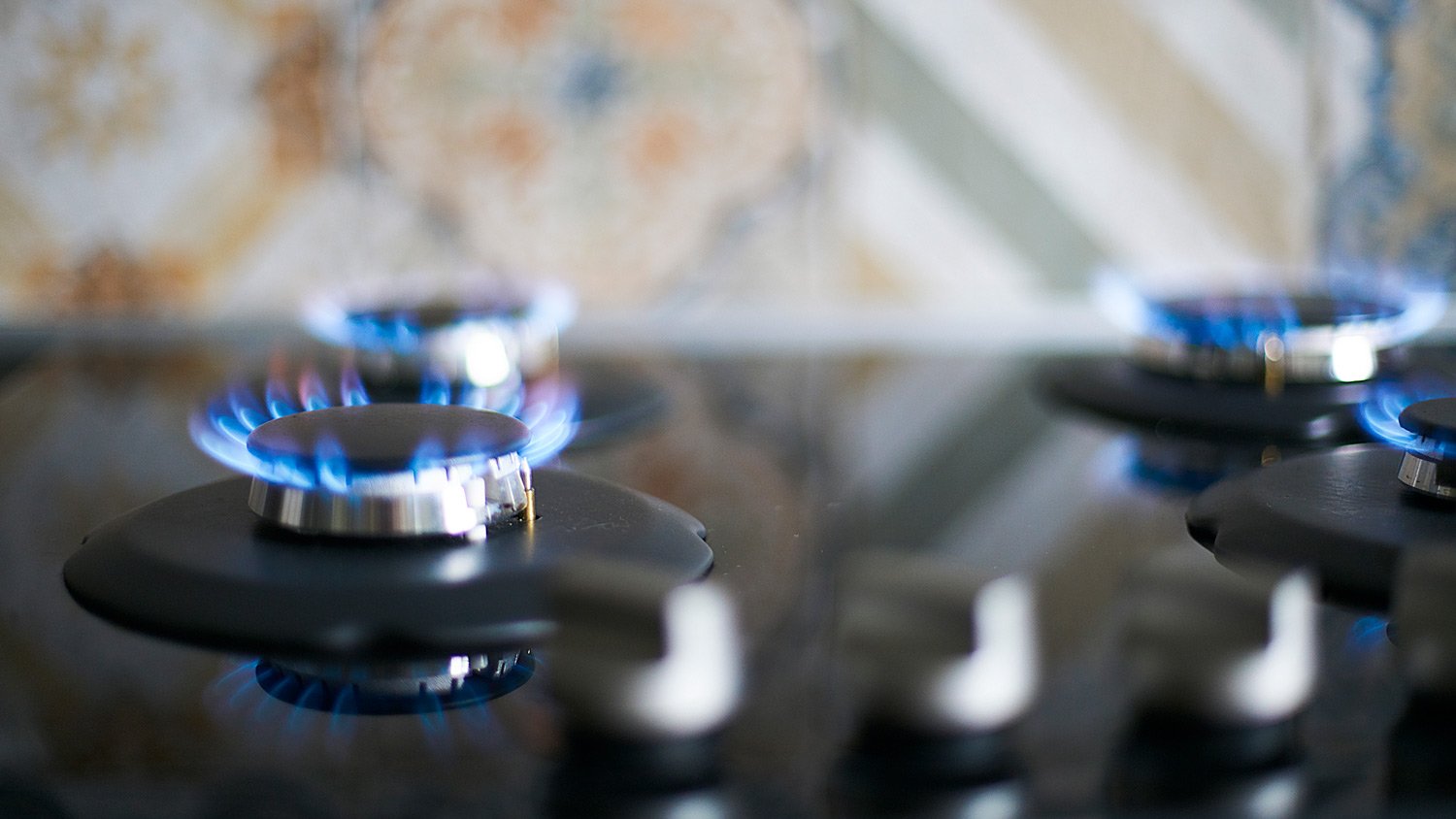
Find costs to repair a gas line and plan your budget based on the problem, from excavating for a new line to making a minor repair to an existing one.
You may be able to dig yourself out of a hole if you take a few important steps
If the underground utilities are marked, the contractor is most likely liable for hitting a gas line.
If you or your contractor didn’t mark the utilities before digging, you’re financially responsible for the damaged gas line.
In a worst-case scenario, you might need to take the pro to small claims court.
Whether your contractor is digging for a fence post or a sprinkler system, there’s a chance they could hit an underground gas line. Repairs to damaged gas lines can be expensive, leaving you to wonder who handles the cost. If a contractor hits a gas line while working on your property, here’s who’s responsible based on the situation, plus a few steps for fighting a penalty.
Law dictates that any contractor digging on your property must get the underground utilities marked before digging. Your contractor should call 811 or go to your state’s 811 website to request that the underground utilities be marked. The service is free, and your contractor should call at least three business days before digging. The 811 service notifies all utility companies in the area and ensures a representative comes to mark your land with flags or paint.

As the homeowner, you should always double-check that the marking is complete prior to digging because you are ultimately responsible for any gas lines a contractor hits.
If 811 marked the property and your contractor avoids the marked areas and still hits a gas line, it likely means 811 improperly marked the spots. If the utilities were mismarked, then it’s the utility company’s responsibility to pay the repair costs of the damaged gas line.
If you or your contractor did not request that 811 mark the utilities before digging, you are responsible for paying the costs of the damaged gas line. It still might be worth fighting the penalty, though. It’s almost always worth fighting the penalty for hitting the gas line, as some companies back down immediately.
If the utility company holds you accountable for hitting the gas line, you can take a few approaches to avoid paying the damages.
By simply contacting customer service and requesting to speak to a supervisor, you may get the utility company to cover the costs. Be sure to get any agreement signed in writing.
If your contractor hits a gas line, you’ll need to prove that you requested your utilities be marked. If you don’t have a record of it, you can contact 811 and request documentation. They keep a record of all calls and can provide information such as when you called and who came to mark the locations.
Request a copy of any signed paperwork between the contractor and the gas company. The paperwork might state whether it was a bad marking or if the contractor dug too close to the marker.
The paperwork might also state who is responsible for the line break. If your property was marked and the gas company deems the contractor is not at fault, you may be in the clear as it means your property was mismarked by the gas company, and they are admitting to it. Or if the contractor is deemed at fault and signed to acknowledge it, you may be in the clear.
If your contract with your contractor stated that you wouldn’t be held liable in case of damage, provide the signed contract to the utility company. If it’s not in your contract, you’ll need to provide written proof in another form such as an email or text message. You may be able to get the contractor or construction company to admit that they wouldn’t hold you liable.
You can challenge the utility company by filing a formal written protest, challenging your claim up to its board of directors, and even to your State Regulatory Commission. The company cannot collect on your bill while the case is being appealed. But if you ultimately lose your case, you can be charged the fee plus interest.
Beyond these steps, you could file a claim through small claims court. Each state has its process and dollar amount limit for small claims. You can also consult an attorney to see what they recommend for the next steps.
“Before entering into a relationship with a contractor, always make sure that they’re bonded and insured with the proper amount of liability to cover any type of risk that may be taken at your home,” says Asya Biddle, Angi Expert Review Board member and manager of The Dust Busters janitorial company in Williamsport, PA.
If you are held responsible for the expenses, your homeowner’s policy may cover the costs. But check with your insurance company about your specific plan and what it covers.

The penalty for hitting the gas line ranges from $400 to $800 on average but can go up to $2,300. Costs depend on different factors, such as pipe materials and the extent of the repair. In extreme situations, costs may exceed $10,000 if there is large damage, such as personal injuries, fire, property damage, or explosion.
Fortunately, many obvious signs will alert you or the contractor that a gas line may have been hit. If you smell sulfur, a stench resembling a rotten egg’s odor, chances are you’ve hit the gas line. A broken gas pipe also makes a hissing noise that’s difficult to ignore.
Depending on how hard your contractor dug into the gas line, the ground may heave or even split along the pipework. In extreme cases, you might see fire coming out of the ground.
Unfortunately, broken gas lines aren’t always identifiable right off the bat. Some leakage can also be too small to be noticed instantly. However, you can often notice the damage caused by leaking natural gas over time.
Natural gas kills vegetation. Therefore, if you suddenly notice patches of brown, wilted, or dead grass or plants in your landscape, there could be a gas leak nearby. After the rain, look for bubbles in any puddles because that’s another sign there is gas leaking out of the ground. Therefore, if you suspect a leak in an exposed pipe, mix up some soapy water and apply it with a cloth onto the pipe. You should see bubbles foaming if there is a leak.
When a gas line is hit, you or your contractor should evacuate the area and call 911 immediately. If anyone is injured, they should seek medical treatment. The contractor or repair crew should shut off the gas line and attend to it as soon as possible.
From average costs to expert advice, get all the answers you need to get your job done.

Find costs to repair a gas line and plan your budget based on the problem, from excavating for a new line to making a minor repair to an existing one.

Whether it's time for pipe replacement or to hook up the range of your dreams, gas line installation cost is an important line in your budget. Let's take a look.

Capping a gas line for an unused appliance is a quick job but one that needs to be done right. Here’s how it’s done and why you should hire a pro to be safe.

As temperatures plummet, you know to keep an eye out for frozen water pipes, but can gas lines freeze? Find out the answer and how to prevent major problems.

Gas leaks pose serious risks to your home and health. This essential homeowner guide teaches you how to check a gas line for leaks and steps to help prevent them.

Flexible gas lines are a modern alternative to traditional gas lines, but are they safe? Use this guide to learn all about the safety and risks of flexible gas lines.